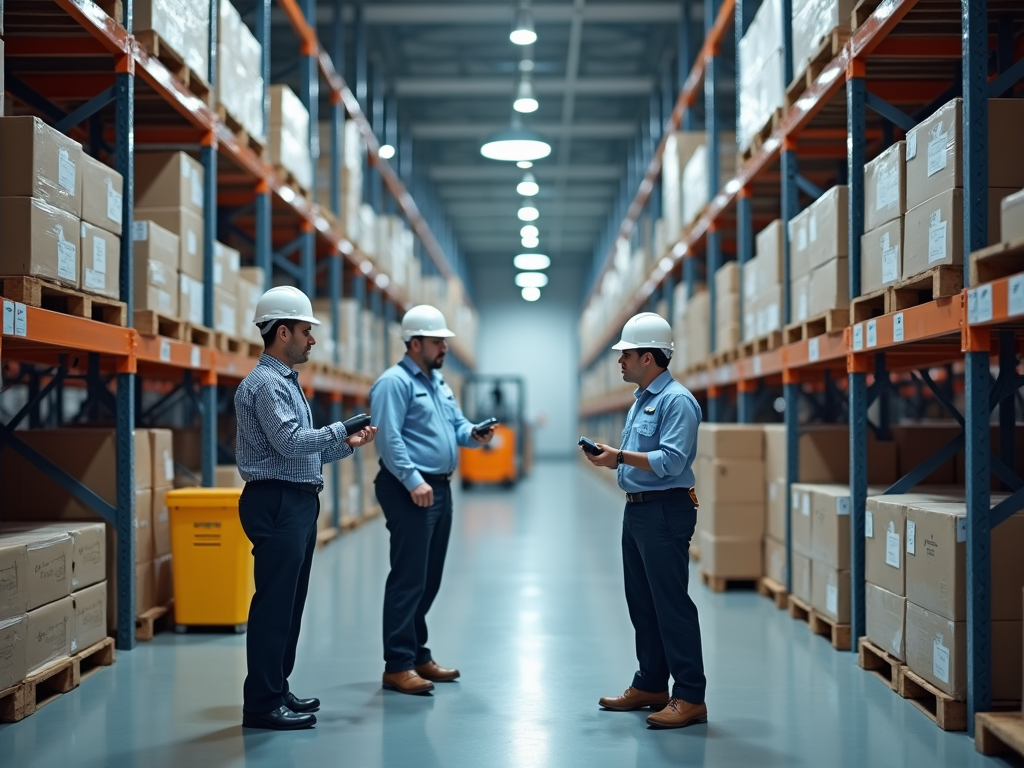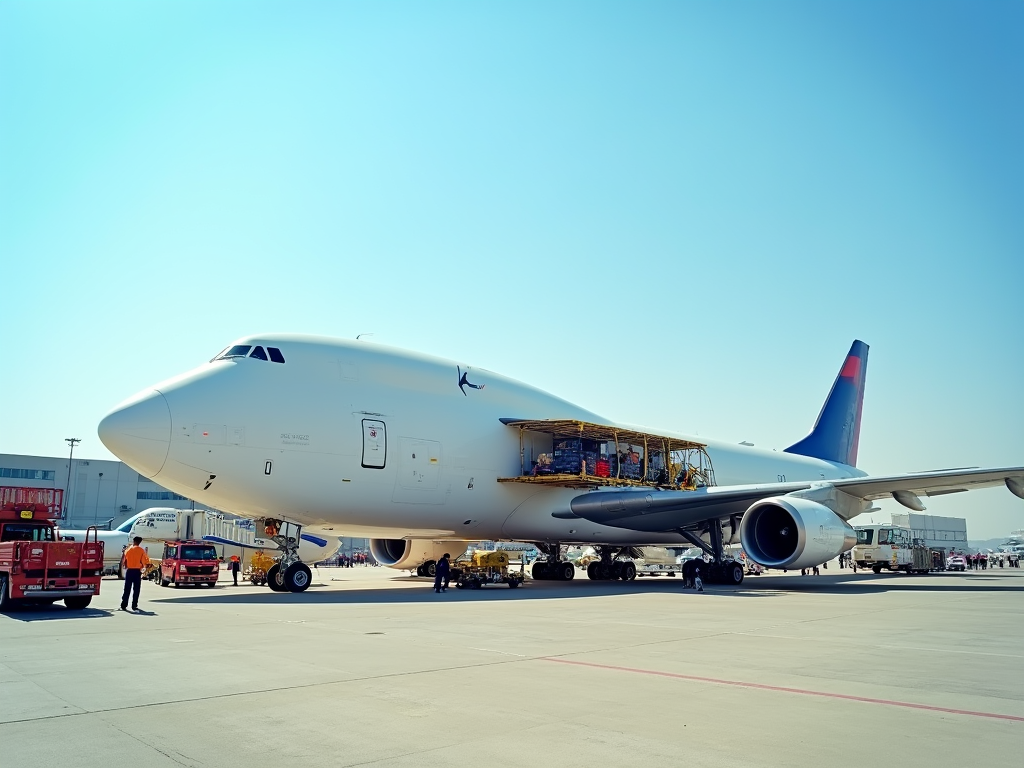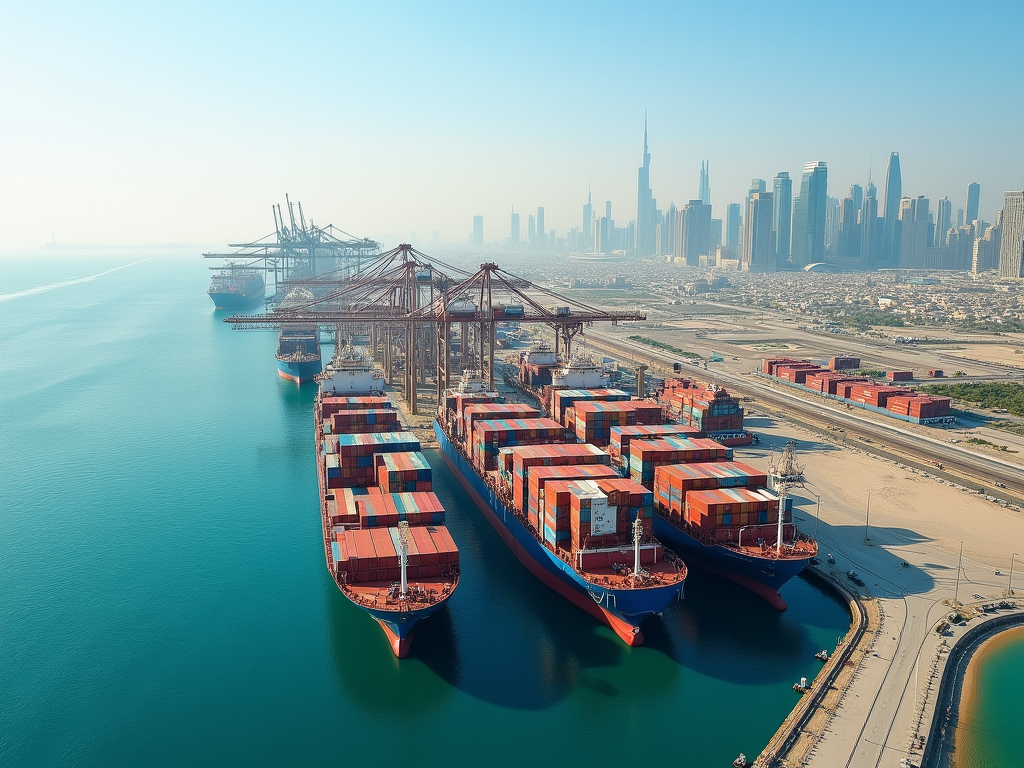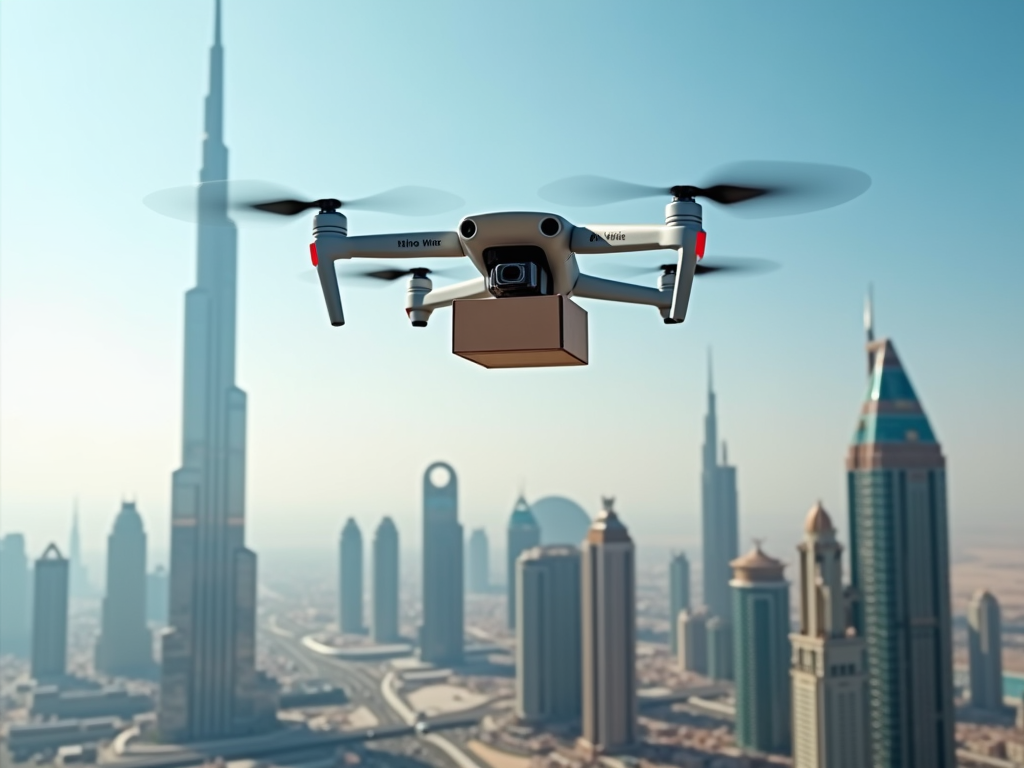Dubai has ascended to prominence in the global logistics and supply chain sector through a combination of strategic geographical positioning, state-of-the-art infrastructure, and business-friendly policies. Positioned at the crossroads of Europe, Asia, and Africa, it serves as a vital hub for international trade. The city’s investments into logistics technology and transport facilities, along with its diversified economy and free trade zones, significantly enhance its attractiveness to global businesses. This article explores the various factors that have contributed to Dubai’s success, illustrating its evolution and current status within the global supply chain landscape.
Geographic Advantages of Dubai

One of Dubai’s foremost advantages is its exceptional geographical location. The city is situated at a junction connecting major continents, which allows it to serve as a gateway to a vast market of over 2 billion customers. The strategic location facilitates easy access to key corridors in the logistics chain. The following points highlight how Dubai leverages these geographic advantages:
- Proximity to Emerging Markets: Access to markets in Africa, Asia, and the Middle East.
- Efficient Transportation Networks: Major air, sea, and road transport routes that connect with global destinations.
- Time Zone Benefits: Overlapping business hours with key financial centers in Europe and Asia.
- Natural Harbor: Port of Jebel Ali, the largest artificial deep-sea port, enhancing maritime logistics.
- Accessibility: An extensive road network supports the efficient movement of goods.
World-Class Infrastructure and Technology

Dubai has heavily invested in developing world-class logistics infrastructure that meets the demands of global supply chains. This includes modern ports, state-of-the-art airports, and expansive warehousing facilities. Here’s how this investment has paved the way for future growth:
- Dubai International Airport, home to one of the busiest cargo hubs worldwide, which processes millions of tons of freight annually.
- Jebel Ali Port, instrumental for container shipping and trade activities in the region.
- Logistics Parks and Free Trade Zones, which provide businesses with advantageous operating conditions and reduced logistics costs.
- Automation and Smart Logistics, employing cutting-edge technology like Artificial Intelligence to streamline operations.
- Multi-modal Transportation Solutions, integrating air, sea, and land transportation to facilitate seamless supply chain processes.
Dubai’s business environment is characterized by comprehensive economic policies that promote trade and investment. The government has implemented strong regulatory frameworks and incentives aimed at attracting foreign businesses. Key aspects of Dubai’s economic policies include:
- Zero Tax Rates: Free zones with tax exemptions for foreign companies.
- Ease of Doing Business: Reduced bureaucratic hurdles create a business-friendly atmosphere.
- Investment in Innovation: Government investment in logistics technology and ecosystem development.
- Public-Private Partnerships: Collaboration between the government and private sectors fostering growth.
- Support for SMEs: Targeted programs that stimulate small and medium enterprises in logistics.
Critical Role of Global Expo 2020
The Expo 2020 event significantly underscored Dubai’s strategic positioning as a logistics hub. It brought forth opportunities and challenges that reinforced the importance of efficient supply chains to handle heightened international exposure. Here’s how Expo 2020 contributed:
- Increased Investor Interest: The event attracted global businesses looking for partnerships.
- Boosted Tourism and Trade: Surge in visitors led to a higher demand for logistics services.
- Enhanced Infrastructure Visibility: Showcase of Dubai’s state-of-the-art facilities on an international platform.
- Global Networking Opportunities: Uniting governments and companies to explore trade agreements.
- Long-term Economic Vision: Commitment to sustainable city development through logistics.
Conclusion
In conclusion, Dubai has successfully transformed itself into a pivotal player in the global logistics and supply chain sector. Its strategic geographical position, commitment to infrastructure development, favorable economic policies, and global events like Expo 2020 contribute to this reputation. The city’s proactive approach in adopting innovative technology and creating an enabling environment for businesses ensures that it remains at the forefront of global logistics for years to come.
Frequently Asked Questions
1. What makes Dubai an attractive logistics hub?
Dubai’s strategic location, advanced infrastructure, and business-friendly policies contribute to its appeal as a logistics hub.
2. How does Jebel Ali Port benefit the supply chain in Dubai?
Jebel Ali Port is one of the largest artificial deep-sea ports, facilitating efficient maritime trade and logistics operations.
3. What role did Expo 2020 play in enhancing Dubai’s logistics sector?
Expo 2020 showcased Dubai’s infrastructural capabilities and attracted global businesses, thereby boosting the logistics industry significantly.
4. How does Dubai support small and medium enterprises in logistics?
Dubai offers various programs and incentives aimed at stimulating the growth of SMEs within the logistics sector.
5. What technologies are being used in Dubai’s logistics sector?
Dubai employs technologies like AI, automation, and data analytics to enhance efficiency and streamline logistics operations.


